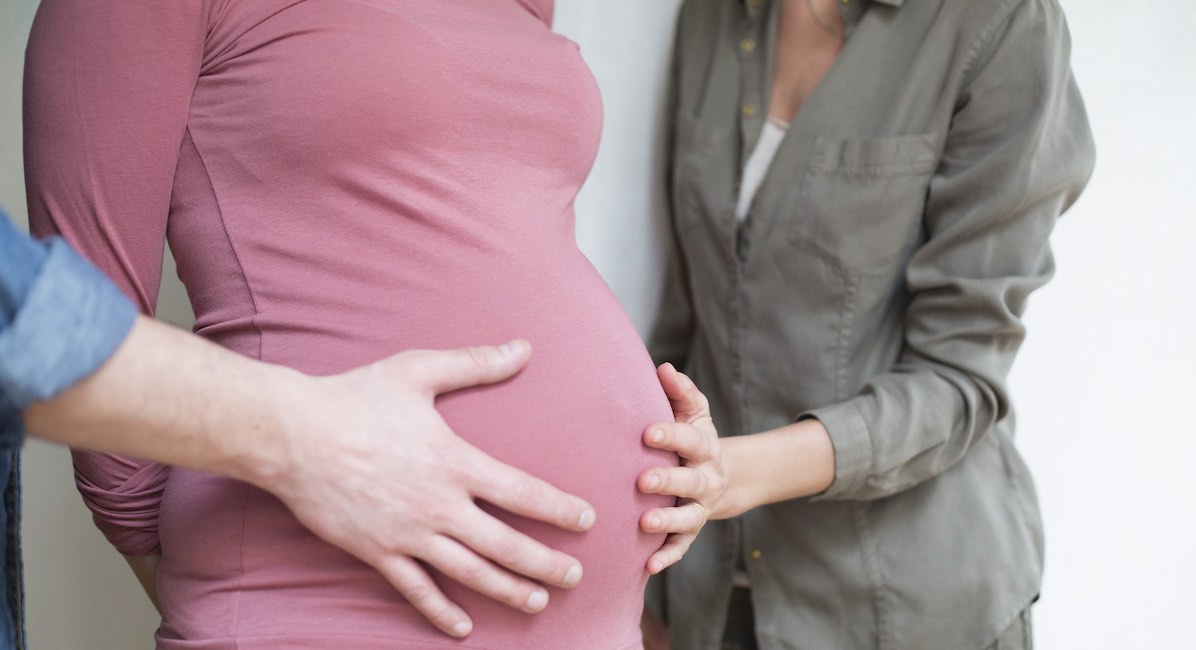Oregon lawmakers are considering a bill that would allow children conceived via sperm, egg, or embryo donation to have access to the names of their biological parents, who could no longer legally remain anonymous.
Senate Bill 163 would require any organization that collects sperm, egg or embryo donations to also retain the contact info of each donor. This would allow any child conceived via assisted reproductive technologies (ART) to find out information about their biological parents, should they so choose. The information would be retained in a state database, making it available even if the donor clinic goes out of business, and children would be able to access the information upon turning 18.
Opponents of the bill have argued that it will deter people who wish to donate anonymously, but those in favor liken it to a 1998 law that grants similar rights to adoptees, who are now able to learn the identities of their birth parents.
“I think it’s lovely because then the children get answers to the questions they have,” Robin Pope, a Portland lawyer who specializes in ART law, told Oregon Live.
READ: Woman shamed for asking questions after learning she was donor-conceived
The legislation opens up further discussion about the rights of donor-conceived children, who historically have been ignored in the ART discussion in favor of the desires of adults. However, horror stories from the largely unregulated fertility industry have caused lawmakers in some jurisdictions to pause and try and pull back the reins. For instance, some donors have been found to have conceived hundreds of children, while other donor-conceived children reveal they unknowingly dated a sibling.
Though the legislation would put some control back in the hands of donor-conceived children, it still places the wants and needs of adults over the rights of these children, who have reported feeling “mass produced” after learning the details of their conception. A 2021 study, from Harvard Medical School found that 62% of children conceived through donor technologies believe the practice to be unethical and immoral.
“I am a human being, yet I was conceived with a technique that had its origins in animal husbandry,” one donor-conceived person wrote in a book for Anonymous Us. “Worst of all, farmers kept better records of their cattle’s genealogy than assisted reproductive clinics … how could the doctors, sworn to ‘first do no harm’ create a system where I now face the pain and loss of my own identity and heritage.”








